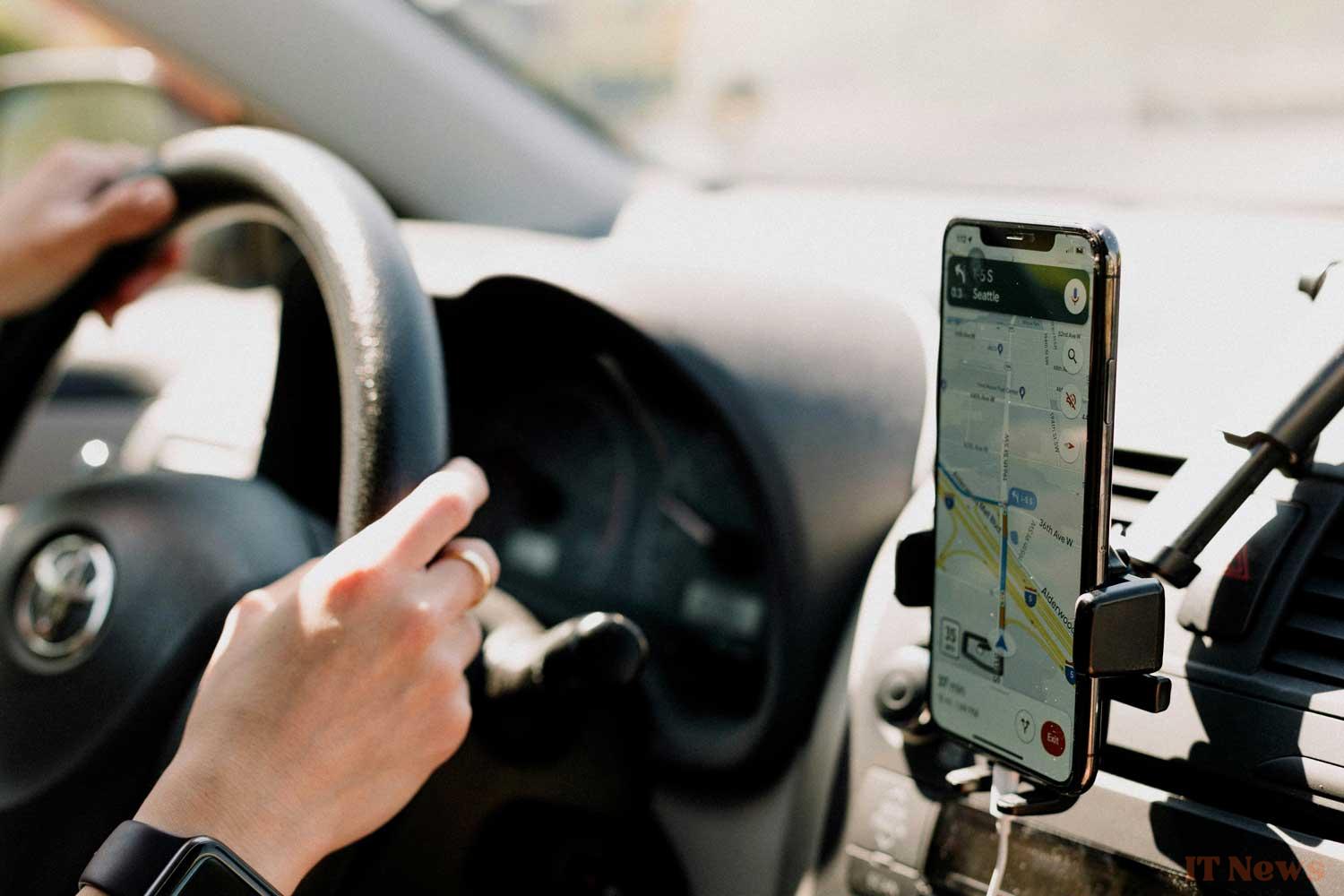Thanks to them, we stay informed about what's happening on the road, but especially about the presence of speed cameras! In addition to alerting you when you enter a control zone, the applications allow you to stay informed about potential road hazards such as accidents, roadworks, breakdowns, and traffic jams. Unfortunately, these devices are not authorized everywhere, and it is important to know what to expect when leaving French territory.
Radar Detectors in France
First of all, it is important to understand the difference between radar detectors, radar detectors, and driver assistance devices. According to Article R413.15 of the Highway Code, possessing or transporting a device capable of detecting the presence or disrupting the operation of speed cameras is punishable by the fine provided for class 5 offenses.
Rest assured, Waze and Coyote are not affected by this ban, as they are considered driving assistance systems. To avoid the rule, they are intentionally less accurate than detectors when it comes to warning of the presence of speed cameras. Instead, they indicate "danger zones" in which speed cameras may be located. Furthermore, it is not illegal to share danger zones with other users of the application.
Switzerland: Zero tolerance for speed camera detectors
If you are passing through Switzerland, be aware that the legislation is particularly strict regarding driving assistance systems. The message is clear: cross the Swiss border with Coyote or any other app that reports traffic checks, and you risk a fine. This ban isn't just a recommendation: it's firmly anchored in the Federal Law on Road Traffic, the equivalent of the French Highway Code. Article 98a is unequivocal: "Anyone who publicly warns road users of official traffic checks shall be fined." Anyone who alerts drivers to the presence of traffic checks is therefore liable to penalties.
In practice, this means you should avoid apps like Waze that report "danger zones," and be particularly vigilant with the GPS and driving assistance you choose to use. Opt for a traditional GPS navigation system without an alert function to avoid any disagreements with local authorities. In the event of a breach of the law, the penalties are severe: the device will be confiscated and the fine could be around 1,000 Swiss francs (a little over 1,000 euros!).
Germany: a subtle ban
Given the speed limits (or rather their absence on certain roads) applied in Germany, one might think that radar detectors are authorized, since outside of motorways, there are indeed speed limits. However, German law is rather ambiguous on this subject:
In Germany, radar detectors and warning devices have been banned since 2020. It is therefore forbidden to use a Coyote device or a driving assistance application under penalty of a fine of 75 euros. Be careful: the vehicle's passengers would also be affected. Indeed, the law considers that no one in the vehicle should be able to detect a radar and inform the driver.
This does not mean that the use of the application is entirely prohibited. Logically, and to avoid any fines, it would be necessary to deactivate the warning features for "risk zones", whether on Waze or any other on-board device.
Less risk in Belgium and the United Kingdom
In our neighbors across the Channel, there is no reason to worry: radar detection devices are authorized, including electromagnetic radar detectors (those that can detect a radar without needing a database like Coyote).
Belgium, for its part, is moving closer to France and distinguishes between electromagnetic radar detectors and radar warning devices such as Coyote boxes and driver assistance applications. As in France, the law prohibits radar detectors that actively detect radars, but not systems like Coyote, which use a database to indicate the presence of a risk zone. You can therefore use a device or an application like Waze normally.
Spain and Portugal: rules similar to those in France
Portugal is also lenient when it comes to devices and apps that can warn of speed cameras. As in France, detectors are prohibited, but collaborative warning systems are permitted. The same goes for Spain: detectors are prohibited, but GPS-based warning devices are perfectly legal. Radar jammers, on the other hand, are strictly prohibited in all the countries we've mentioned. Remember: to avoid any risks, simply respect the speed limits, which are also indicated on driving assistance apps.



0 Comments